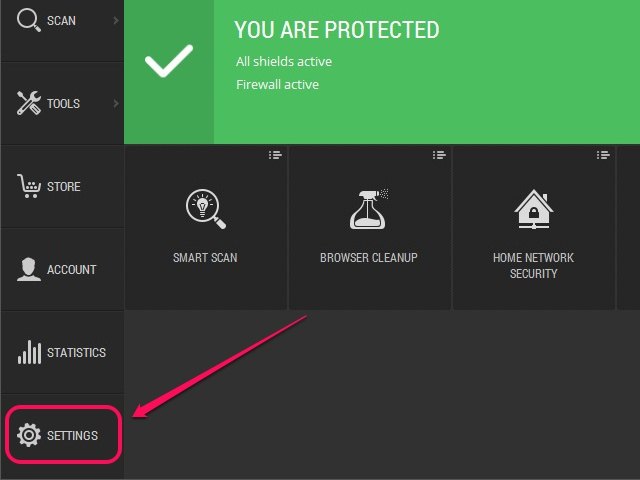

Real talk: I use MyFitnessPal every single day. What am I getting in exchange for my data? What are the tradeoffs? MyFitnessPal isn’t the only company that might be doing this - it’s actually distressingly common - but this is undoubtedly the part that concerns me most about this app. Not great! Data aggregators are notorious for taking “depersonalized” data and combining it with other data sources to create what essentially amounts to profiles of each user. So, if they're getting info that you like a certain type of shoes, they'll combine that with the fact that you're telling them you're running five times a week and show you running shoe ads from that brand.” “And then they're going to use that to ‘enhance your experience’ but also for marketing and advertising through their service. “My guess is that they're going to take your personal data they have and combine it with that data they're buying,” says Avast senior global threat communications manager Christopher Budd. We may combine your Personal Data with data we obtain from our Services, other users, or third parties to enhance your experience and improve the Services.” So what does that mean, really? One bit that stood out to me is where they say they “may obtain certain data about you from third party sources to help us provide and improve the Services and for marketing and advertising. In general, MyFitnessPal uses the data they collect to deliver the services they’re promising - with a couple of exceptions. It’s not the same as Fitbit, which I’ve allowed to passively collect health information. They could determine when I’d made lifestyle and/or diet changes, based on what I’ve told them and my food logs.īut all of these things require me to proactively input the data that they’d need to make those guesses about me. Unlike Fitbit, which tracks so much of my health stuff, MyFitnessPal is really focused only on food. To be honest, I’ve struggled to think of something that MyFitnessPal could figure out about me based on this data. Object to certain types of data processingĮuropean MyFitnessPal users should also know that some of the data MyFitnessPal collects might be considered health data if collected over a long period of time that data might be stored in the United States and that they’ll ask for consent before serving you advertisements, “when legally required to do so.” What MyFitnessPal could figure out.Under the GDPR, consumers have the right to: If I lived in the EU, then the rules would be slightly different, because I would fall under the General Data Protection Regulation (GDPR). If you choose to sign in through social media (which I didn’t - and I never recommend doing, for privacy and security reasons), they may also collect information, with your permission, including your name, email address, profile picture, and friends list.
#AVAST FOR MAC FIREWALL EXCEPTIONS SERIAL#
For example, if you connect your Fitbit or other tracker (like I did), MyFitnessPal might collect info about your device, like its serial number, Bluetooth address, UPC, or “other data- or purchase-related information.” They also have cookies on their site, including ones that are “strictly necessary for functionality and cookies that are used for personalization, performance/analytics, and advertising.” MyFitnessPal is also doing some tracking in the background that’s less obvious to the general user. sleeping habits), life events, fitness goals, measurements, fitness level, heart rate, sleep data, BMI, biometric data, and similar types of data relating to physiological condition, and activity.

MyFitnessPal generally uses data to deliver the services they’re promising - with a few exceptions


 0 kommentar(er)
0 kommentar(er)
